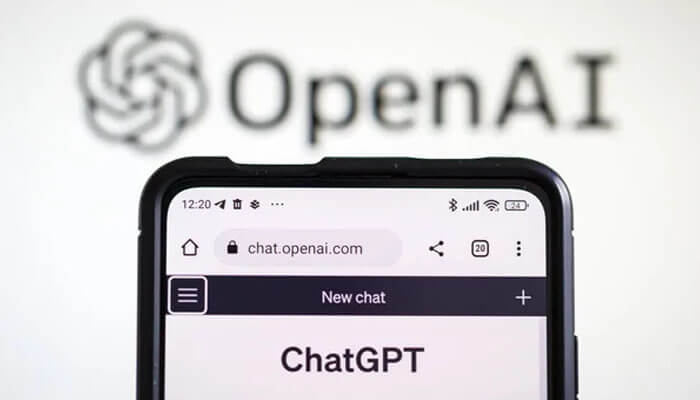The viral AI chatbotChatGPT’s technology has advanced significantly. OpenAI announced a number of updates to its artificial intelligence tools during its first developer conference on Monday in San Francisco.
One of the updates is the ability for developers to customize ChatGPT. Along with lowering developer base prices and opening a digital store, it also promises to compensate some developers who integrate OpenAI products into their platforms.
The occasion takes place almost a year after ChatGPT’s debut, which sparked a new arms race among tech firms to create and incorporate comparable AI technologies into their goods. According to CEO Sam Altman, the platform is currently used by 2 million developers, and 90% of Fortune 500 businesses use the tools internally.
It has 100 million active users as of right now.
Altman was joined on stage by Microsoft CEO Satya Nadella, an early OpenAI partner, to talk about how his company is still integrating GPT technology into its suite of 365 tools. It’s so novel and different, he remarked. “In my thirty years in the infrastructure business, I have never seen anything like this.”
One of the most significant announcements is the launch of GPTs, or personalized ChatGPT versions. GPT can be used in emails, connect to databases, and expedite e-commerce orders—all functions that plugins can do, according to the company. According to its website, GPTs don’t require any prior coding knowledge and can be used to create stickers, train for a marathon, or assist with math tutoring. Users can use chatgpt.com/create to give it a try.
Digital Environment

To enable GPTs to be searchable, OpenAI is also launching a GPT Store later this month. They will be displayed on a leaderboard, much like other app stores, and the company will highlight practical tools in a variety of categories, including productivity, education, and “just for fun.” According to the company, developers will also be able to get paid according to the number of users that their GPT receives.
Additionally, Altman demonstrated GPT-4 Turbo, the most recent iteration of the system that underpins ChatGPT. He claimed that compared to the previous version, it can now handle input that is roughly 16 times longer, or 300 pages of a typical book.
Additionally, through April 2023, the platform will “continue to improve over time,” according to Altman. He continued, “We are probably even more irritated than all of you that GPT’s knowledge of the world ended in 2021.
The company also introduced Copyright Shield, which will allow OpenAI to step in and defend customers –- and pay costs incurred –- if copyright infringement becomes an issue. Rivals such as Google and Adobe have taken a similar approach.
OpenAI stressed that the most recent announcements are just the beginning of what lies ahead.
The company stated in the blog post that “GPTs will continue to get more useful and smarter, and you’ll eventually be able to let them take on real tasks in the real world.” Since achieving this future will involve careful technical and safety work as well as time for society to adjust, we believe it is critical to proceed gradually. We have been giving the societal ramifications a lot of thought, and we will soon be sharing more analysis.


